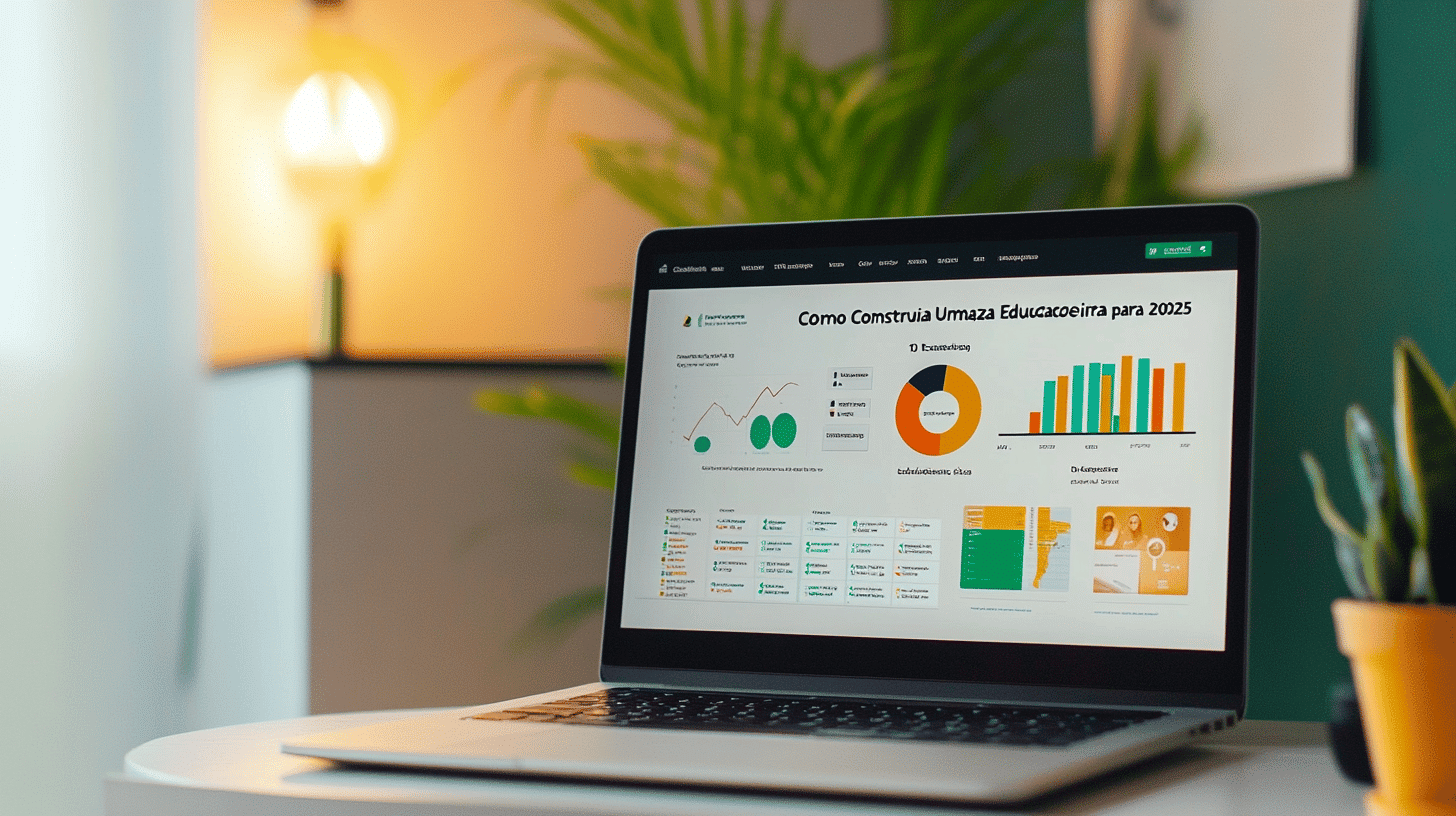Financial education is one of the fundamental pillars for building a prosperous and secure future. Through it, we learn to better manage our resources, plan and invest wisely. In today’s world of constant economic uncertainty, investing time and knowledge in personal finance is more important than ever. In this article, we will explore 10 effective strategies that can help you solidify your financial education in 2025 and beyond.
1. Understand your consumption habits
Before you start thinking about saving or investing, it’s crucial to analyze your spending habits. Start by recording all of your expenses, no matter how small. This practice will help you identify patterns and recognize areas where you can cut costs. Consider using money management apps or even a simple spreadsheet for this task. Once you have clarity about where your money is going, you’ll be able to make more informed choices.
2. Create a budget
Once you understand your spending habits, it’s time to set a budget. A good budget should be realistic and flexible, allowing you to live comfortably within your means. The 50/30/20 rule is a popular approach that suggests allocating 50% of your income to needs, 3% to wants, and 2% to savings and investments. Applying this rule can be an effective way to ensure that you not only survive, but thrive financially.
3. Set financial goals
Setting clear financial goals is essential to the success of your financial education. Goals should be specific, measurable, achievable, relevant, and time-bound (SMART). For example, instead of simply saying “I want to save more,” set a goal of “I want to save R$5,000 by December 2025.” This focus will help motivate you and keep you on track.
4. Learn about investing
Investing is one of the best ways to make your money work for you. Unfortunately, many people are intimidated by the jargon and risks associated with investing. Financial education involves learning about different types of investments, such as stocks, bonds, mutual funds, and real estate. Consider starting with online courses, webinars, books, or podcasts that cover the topic in an accessible way.
5. Create an emergency fund
Another crucial aspect of financial literacy is creating an emergency fund. This should be equal to 3 to 6 months of regular expenses and should be kept in an easily accessible account, such as a savings account. This fund will help cover unexpected expenses, such as medical expenses or job loss, and will prevent you from having to resort to debt when unexpected situations arise.
6. Understand the importance of credit
Credit can be a powerful tool if managed correctly. Learn how credit scores work and why it’s important to keep them high. A good score can help you get better rates on loans and financing. Check your credit report regularly and take steps to correct any errors. Also, avoid accumulating credit card debt, as interest rates can be very high.
7. Prioritize continuing education
The financial world is constantly changing, so ongoing education is vital. Sign up for newsletters, read personal finance blogs and articles, and follow experts on social media. Attending workshops and seminars can also be a great way to stay up to date on new financial trends and practices.
8. Make use of financial technologies
Technology can be a great ally in your financial education journey. There are many tools and apps that can help you track your spending, create budgets, and manage your investments. Exploring these options can help you make more informed financial decisions and make easier for you.
9. Seek professional advice
If at any point you feel like managing your finances is beyond your capabilities, don’t hesitate to seek professional help. Financial advisors can provide personalized guidance and strategies tailored to your specific needs. While there is a cost associated with it, the potential return you can get from financial advice can often justify the investment.
10. Practice financial discipline
Last but not least, discipline is key to a healthy financial life. Remember that significant changes don’t happen overnight. Be patient and consistent in following your financial strategies and goals. Discipline in saving, investing, and making smart financial choices, when applied regularly, will lead to remarkable results over time.
Conclusion
Working on your financial education is a journey worth undertaking. By implementing these 10 strategies into your daily life, you will not only be setting yourself up for a more secure and prosperous financial future, but you will also be equipping yourself with the knowledge you need to better deal with unexpected events and financial challenges. Start implementing these tips today and watch how your finances can transform. Share your experiences and questions in the comments below and continue your journey towards financial freedom!



